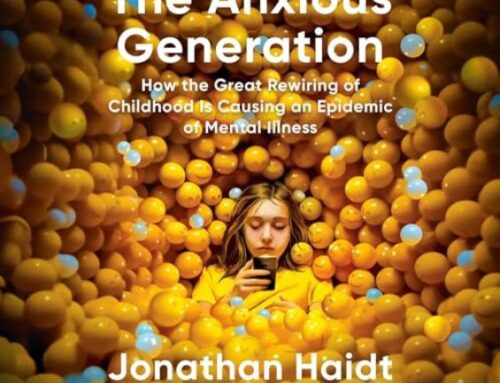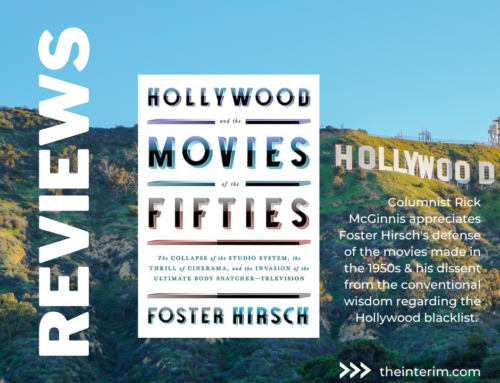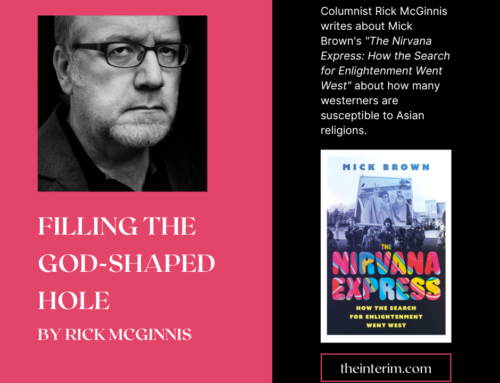 Editor’s Note: There are book titles and quotes in this column that use language that some reader’s might find offensive.
Editor’s Note: There are book titles and quotes in this column that use language that some reader’s might find offensive.
Despite my wife’s best efforts, I never had much time for the popular parenting textbooks that ended up on our bookshelves – the “What To Expect When You’re…” series and their like, all written in useful gulps of text, with diagrams and bullet points and bold headings to help guide you through the medical and emotional thickets that suddenly sprout in your home the moment you learn that the test was positive.
I have, however, collected a small bookshelf of far less practical literature on fatherhood, which grows periodically, the latest addition being Michael Chabon’s Manhood for Amateurs. Chabon is a marquee name, a critical favourite whose books also happen to sell, the most famous of which is his Pulitzer Prize-winning novel The Amazing Adventures of Kavalier & Clay. Collected mostly from his columns for Details magazine, Manhood for Amateurs begins and ends with Chabon’s generally wry observations on being the father of four children, with detours into his own wistfully-recalled childhood and the inevitably anxious, insecure adulthood that followed.
If the book’s title wasn’t explicit, the first line of the second essay sums up the generally indifferent attitude most of the authors in my little collection have toward parental precedents. “The handy thing about being a father,” Chabon writes, “is that the historic standard is so pitifully low.” It’s the introduction to an anecdote about how he can get called a good father simply by standing in close proximity to his child, and expressing something like an interest in their momentary well-being – praise that his wife will never hear even as she does what Chabon cheerfully describes as the lion’s share of the parenting.
It’s a presumption shared by other books on my shelf, including Robert Wilder’s Daddy Needs a Drink, Neal Pollack’s Alternadad, and the 2004 collection The Bastard on the Couch, editor Daniel Jones’ sequel to a mom-centred volume titled The Bitch in the House. What they all share is a devotion to the task of documenting our labour-intensive, fully-scheduled and emotionally-invested relationship with our kids today, the parenting magazines-playdates-and-soccer-practice-filled reality that defines middle-class family life, and has since around the time Bill Clinton took office. (I’m trying to find the connection between these two events. I haven’t found it yet but I’m certain that when I do it’ll illuminate some heretofore overlooked social and cultural fulcrum of Pearl Harbor-like proportions.)
Fatherhood’s low standards have become a bedrock assumption, unquestioned by otherwise intelligent people. In his recent memoir Superdad, award-winning Toronto journalist Christopher Shulgan describes the burgeoning crack habit that was triggered, apparently, by the pressures of fatherhood, and how even at his worst, friends and acquaintances remained completely unaware, content to see just another new dad made dishevelled by the demands of a baby in the house. We have reached the point where simply voting “present” seems to be fatherhood’s high water mark, and even the basis for expert status.
Chabon takes it even further: “there is an essential element of the business of being a man: to flood everyone around you in a great radiant arc of bullshit, one whose source and object of greatest intensity is yourself.” Looking like you know what you’re doing, he tells us, is more than half the battle, and most of the work of a husband and father is hiding your constant fear that the bathroom towel rack you put up will inevitably come clattering down in the middle of the night.
I don’t exempt myself from this simmering insecurity – I have no other way of explaining my shelf of Nervous Dad Lit – but I can’t help but wonder where this rush to the bottom is leading. Cynically, it can be interpreted as a bait-and-switch – a show of making fatherhood seem a lot less demanding than it really is, so that reluctant men will overcome their misgivings and insecurities and take the plunge, figuring that, after all, it that guy can do it, why can’t I?
Or maybe – and here I start to sound hopeful – it’s a bottoming out, a place where we can all look around, realize how pathetic we sound, and acknowledge that fatherhood isn’t just passing on your taste in cool bands to your kids, or getting to have ice cream in the fridge all the time, at least for a certain small but vocal demographic who can’t believe that they’re someone’s dad. That’s the key to all these books, as summed up in the title of the Jones collection and its predecessor, both of which seem to regard mom and dad from the perspective of a sullen, rebellious teenager – the bitch and the bastard who think they’re in charge.
The terrible truth, glimpsed with varying but never fully revelatory success by Chabon, Pollack, Wilder, Shulgan and others, is that you can’t be both, and that you’ve long passed the point where you can choose which one you’ll be. It might startle them to learn that, all around them, there are people who long ago made that choice.




